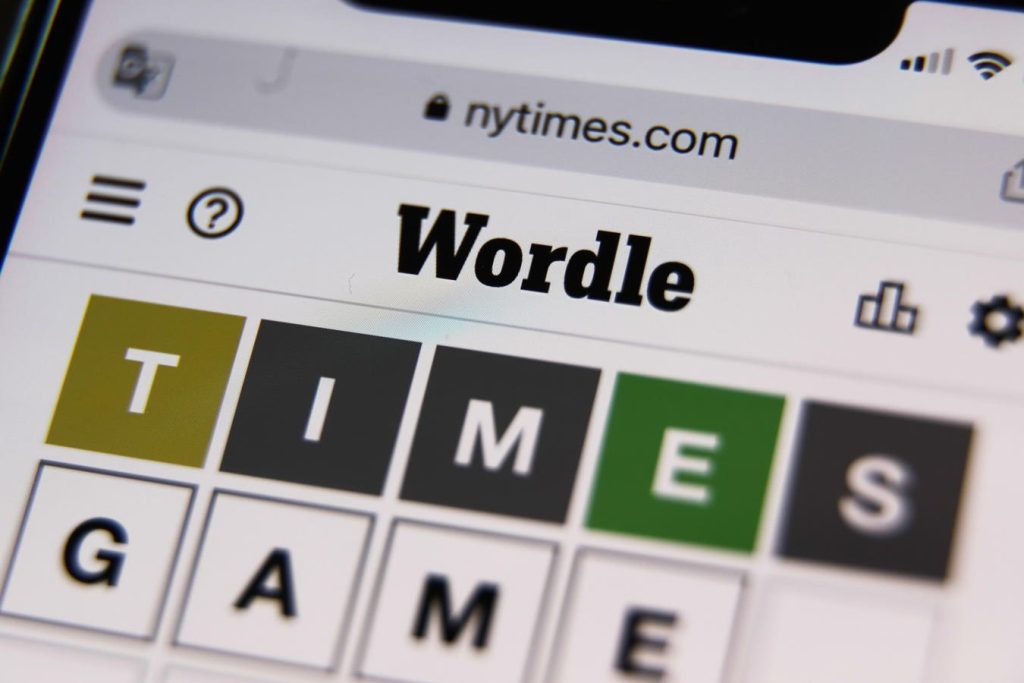Now is the winter of our discontent made glorious summer by the Wordle Bot. My kingdom for a good opening guess!
I’ve spent the day putting out fires, making appointments and taking care of all the tedious day-to-day stuff one has to contend with from time to time. I find that when I make attempts at this kind of productivity, unrelated things go wrong. The toilet clogs. A dog takes a crap on the floor. I come down with a cold. Everything takes ten times longer than usual!
I’m just venting. I think I need a nap—nothing helps a grouchy Erik like a nap—but there’s not enough time!
Alright, enough complaining. Time to Wordle!
How To Solve Today’s Wordle
The Hint: Not the type with a broom.
The Clue: This Wordle has a double letter in it.
.
.
.
.
The Answer:
Wordle Analysis
Every day I check Wordle Bot to see how I did. You can check your Wordles with Wordle Bot right here.
I picked trade because it’s very close to the Wordle Bot’s favorite word, trace, though clearly that would have been better since the ‘C’ at least would have been in green. I left with all grey boxes and 371 remaining words.
Choir did the trick, however, slashing that number down to just 1. After some deep thinking, I finally came up with which for the win! Which witch is which?
Competitive Wordle Score
I get 1 point for guessing in three and 0 for tying the Bot. 1 point is good! Huzzah!
Today’s Wordle Etymology
The word ‘which’ comes from Old English, where it appeared in various forms such as “hwilc,” “hwelc,” and “hwælc,” among others. These forms are derived from a combination of the Proto-Germanic *hwilikaz, meaning “which” or “what kind of,” and the Proto-Indo-European *kwo-, a stem used in relative and interrogative pronouns. The Old English form is related to the Old Saxon “hwilik,” Old Norse “hvilikr,” Old Frisian “hwelik,” Dutch “welk,” and German “welch.”
The Proto-Germanic root *hwilikaz itself is a compound of *hwi- (a variant of *hwā, the interrogative base from which we get “who”) and *likan (body, form, kind), suggesting a literal meaning of “of what form” or “of what kind.” This etymological background reflects the word’s function in English as both a relative and an interrogative pronoun, used to refer to or inquire about a particular member of a group or class.
The evolution of ‘which’ from its Old English forms to its modern usage reflects broader changes in the English language over the centuries, including shifts in pronunciation, spelling, and grammar. Today, ‘which’ is used in both interrogative sentences, asking about alternatives (e.g., “Which way should we go?”), and relative clauses to provide additional information about a noun (e.g., “the book, which I read last night, was excellent”).
Read the full article here






